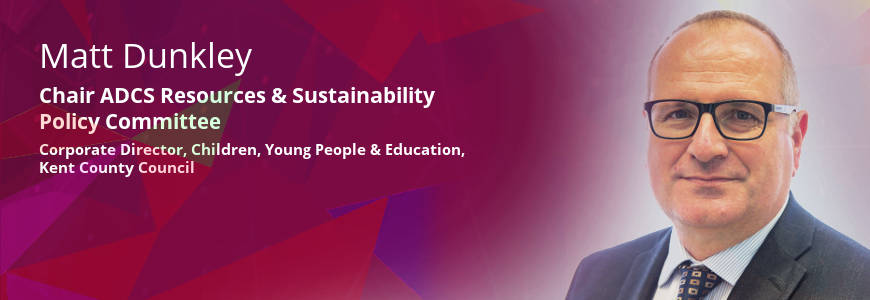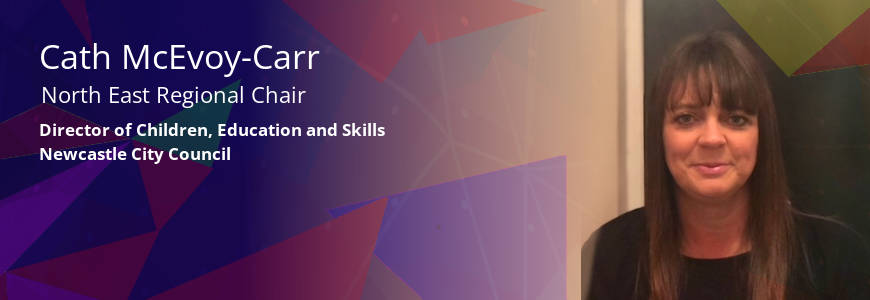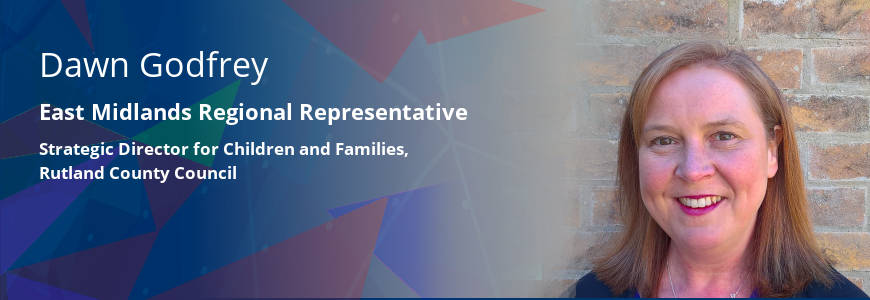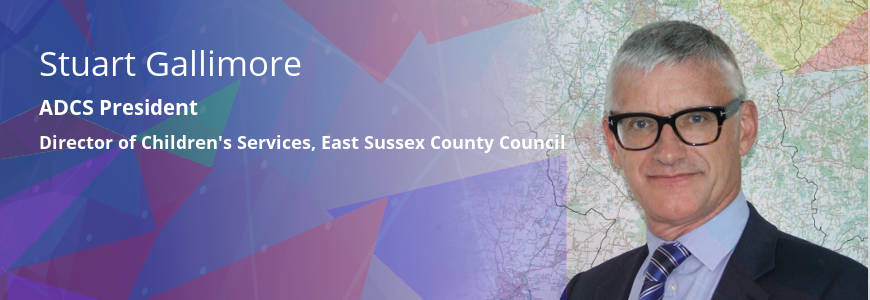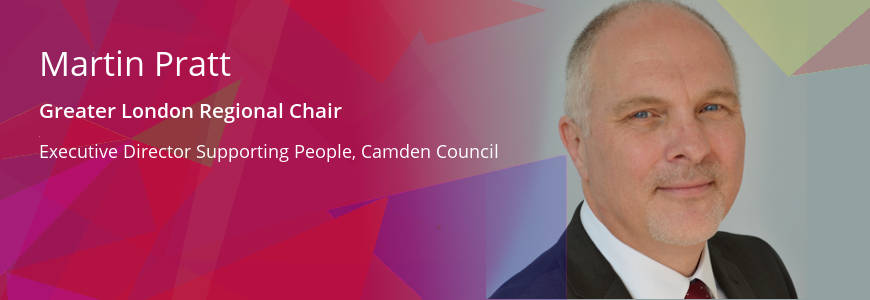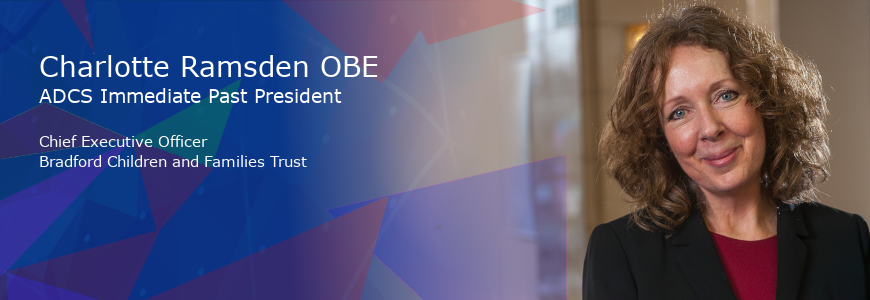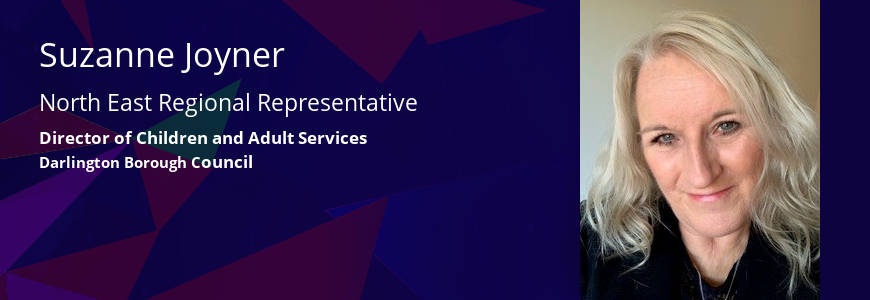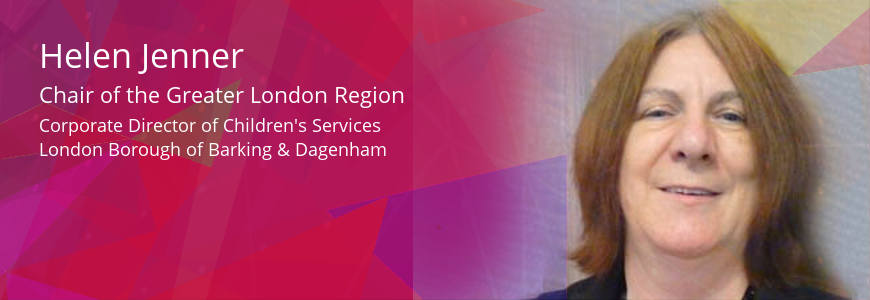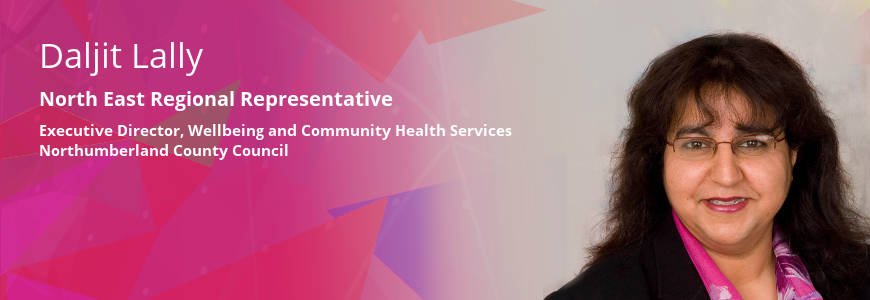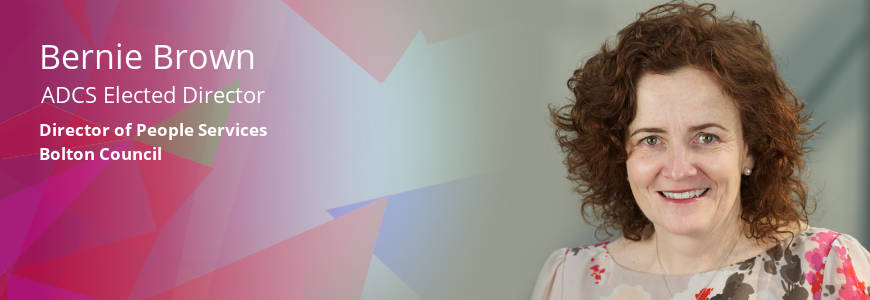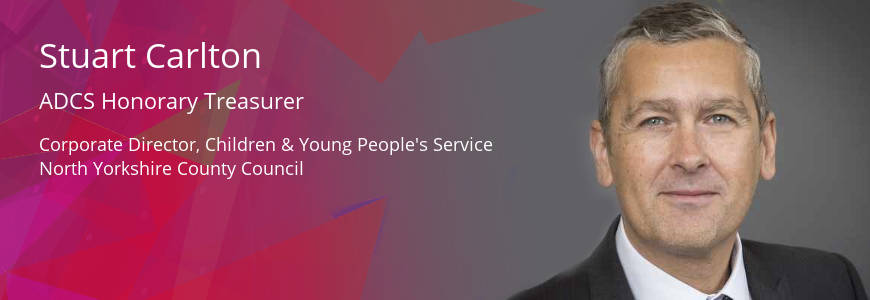Developing the leaders for tomorrow
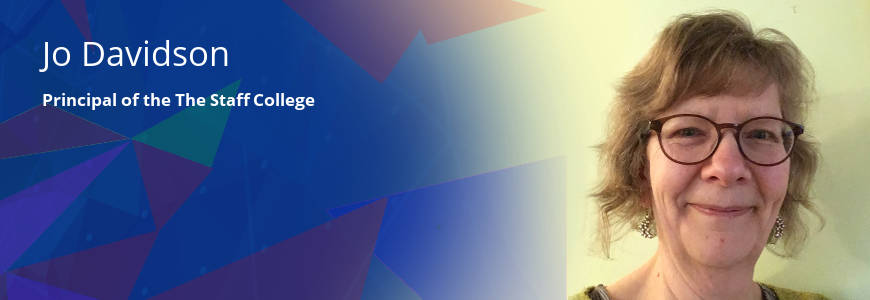
As a proud participant in ‘cohort 2’ of the national DCS programme in 2010, I wouldn’t have predicted I’d be writing a blog as Principal of The Staff College eight years later.
Since I started in April, unsurprisingly I’ve talked with a lot of people about leadership development. A common reflection is ‘I wish there was something for DCSs which prepares and supports us for the breadth and complexity of the leadership role we have’.
Now, this blog isn’t the place for me to plug The Staff College and its offer. Instead, and more importantly, it highlights the need for a clear national development offer.
The DCS role is beyond practice leadership – it is a systems leadership role, charged with improving outcomes for every child and young person. I can’t think of any other major role like this which doesn’t have leadership development and succession planning in place. It would be careless not to.
So what sort of development makes a difference? I’ve been reflecting with others on the quality of the original DCS programme – we felt invested in and supported. We met and created a network with colleagues from all over the country. It was mind-opening and challenged our thinking. It introduced us to international expertise from all sorts of fields we would never have thought were relevant.
It gave us something far better than a large and complex tool kit – it gave us concepts and skills development and confidence. Confidence to keep going and confidence to change tack, sometimes dramatically. It was inspiring not least because it felt like there were people looking out for us and our roles.
That DCS programme also illuminated for me the power and generosity of peers. Not just the moral support, although that’s important, it’s the power of sharing knowledge, of listening, reflecting and extending your thinking so that you can pick your way through to your own clumsy solutions.
A national programme shouldn’t take a sheep-dip ‘this is how you do it’ approach; that’s training, not development. It should be about the supporting of a leadership community, establishing an environment where it’s ok to try things out, to fail and learn from that failure in order to build skills. It should be about opening minds and thinking; about learning from others from within and outside children’s services. It should be about challenging as well as supporting to enable DCSs and their senior teams to continue to develop.
The leadership roles that we inhabit require huge courage and skill – there are not many things we deal with which have simple solutions. DCSs and their teams are leading change and creating the environment for others to lead change with a multitude of professions and with communities and individuals. We nurture, challenge, support, collaborate, drive and cheer from the sidelines, sometimes all in one hour. It’s no wonder it’s exhilaratingly hard.
It’s hugely important therefore that leadership development and succession planning is rapidly rising up the agenda again at both a national government and sector led level. There’s a challenge to set out a proposition for leadership development for the sector and if we’re serious about sector-led improvement, we should seize this moment. Our future lies firmly in our hands.
Related Blog Articles
I first became a DCS in 2005, which equates to the Paleolithic Age in DCS terms,...
In Leadership
I find myself writing this blog at a strange time – two days before I am due...
In Leadership
As I write this, there has been a huge amount happening in children’s services...
In Leadership
Last week’s blog by Steve Crocker, Chair of the ADCS SPI policy committee, got...
In Inspection & Improvement
I’m not sure what the collective noun for DCSs is; an exhaustion, a wisdom, a...
In General
As I write my final ADCS blog as Immediate Past President and prepare to hand...
In Leadership
Earlier this week I attended a development day on Ethical Leadership in Public...
In Leadership
We all work through building relationships and deliver services that support...
In General
This blog was first due a couple of weeks ago, but the small matter of an ILACs...
In
This is an interesting week to have the responsibility for the ADCS blog. We now...
In General
I do love a quote. It is incredible that human beings throughout history have...
In Leadership
To say that the North East has experienced churn at director level over the last...
In Workforce
Last week I attended the Greater Manchester Contextual Safeguarding Conference...
In General
One of the lasting impressions left by my leadership development training with...

